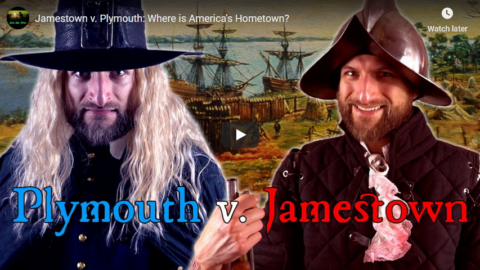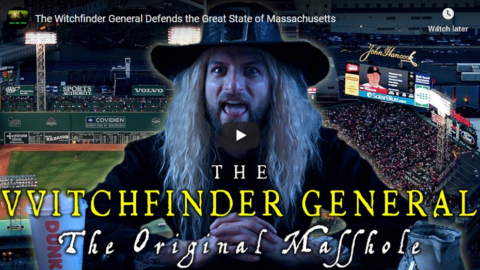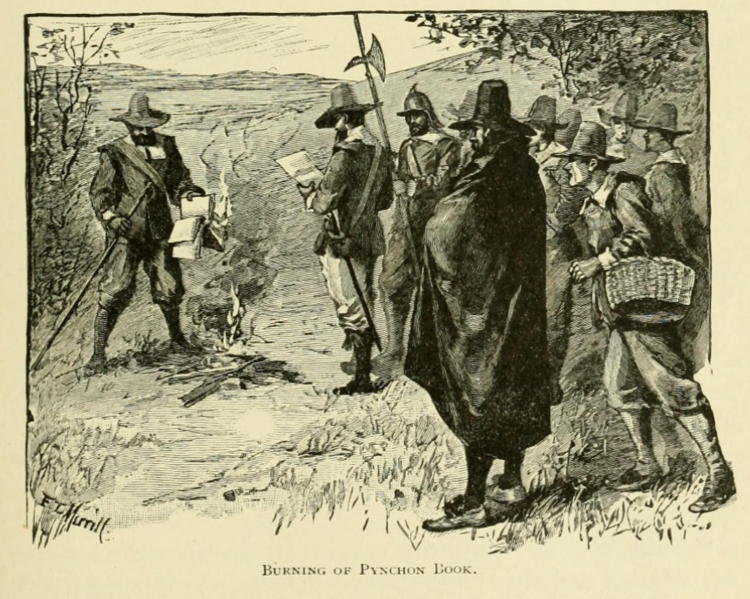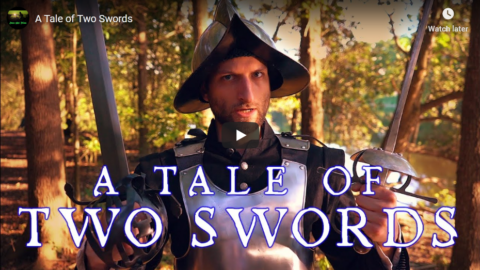In Spiked, Annabel Denham illustrates how the ongoing Wuhan Coronavirus pandemic has enabled and encouraged nanny state thinking:
Over the course of the past seven months, we have seen every indulgence come under fire for its supposed role not just in transmitting coronavirus but also in causing any excess deaths. Cast your mind back to the start of the crisis, when the World Health Organisation launched its #HealthyAtHome campaign, advising us to shun butter and sugary drinks, despite there being little evidence such a move would serve to limit the spread or impact of Covid-19.
Then there was the dismally weak Chinese study, which found smokers were more likely to become seriously ill from Covid, which was warmly received by the public-health establishment. It handed them their smoking gun, until it became clear smokers were significantly less likely to actually contract the disease in the first place.
Now we have the destruction of the pub industry. First there was the 10pm curfew, imposed with little regard for the fact that it would encourage house parties held in far less safe environments than heavily regulated pubs or restaurants. Advocates seemed to gloss over the evidence suggesting that less than five per cent of infected individuals contacted by NHS Test and Trace had been in close contact with another person in a hospitality venue. Then there was the clampdown on households mixing, Scotland’s first minister Nicola Sturgeon’s indoor booze ban, and the bizarre insistence that pubs in Tier 2 could only serve alcohol if food was dished out at the same time.
This pandemic has triggered renewed fervour among nanny-state obsessives – no more so than among those determined to take down the food industry. You can bet that with hospitalisations and deaths on the rise again, there will be a commensurate increase in one-sided agitprop from celebrity supporters like Henry Dimbleby or Jamie Oliver. Just last month the latter called on the government to market water – yes, water – to young people as more attractive than soft drinks and proposed an “eat well to stay well” scheme modelled on the government’s Eat Out to Help Out initiative. Meanwhile, this week the government announced that advertising junk foods like sausage rolls and fish fingers would be banned online.
If the definition of insanity is doing the same thing over and over again and expecting a different result, then the public-health lobby’s mental wellbeing is surely in doubt. According to a collection of essays by Dolly Theis, long-term advocate of anti-obesity measures, 700 policies have been proposed in Britain over the past 30 years. In reality, these are the same policies renewed, repackaged and ramped up by fanatical single-issue pressure groups, the sort who claim obesity is an epidemic when hundreds of thousands are dying by Covid’s hand.















